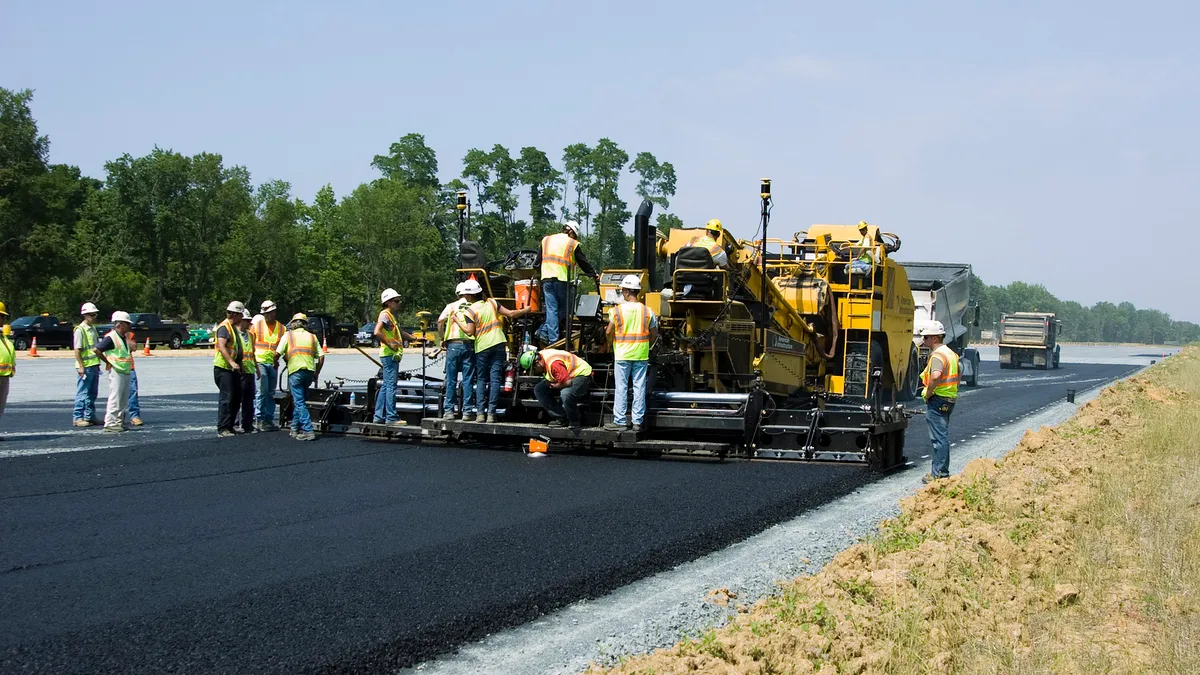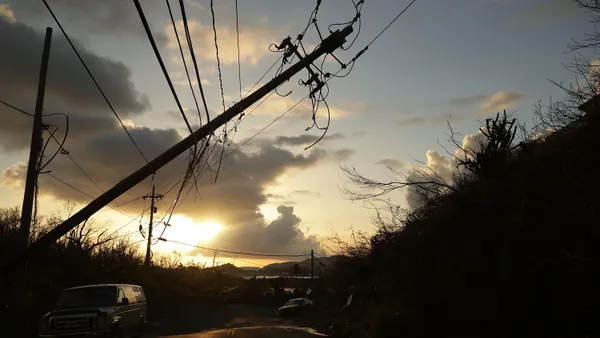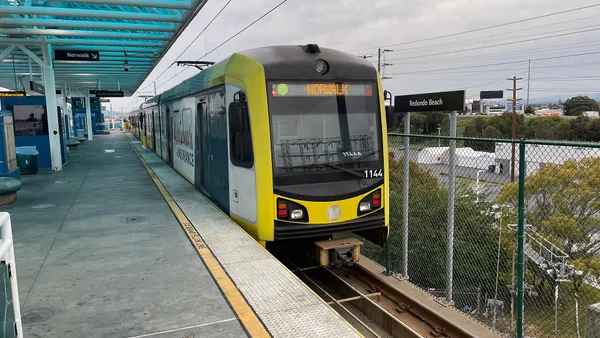UPDATE: New Jersey Gov. Chris Christie said Monday that the state Democrats' gas tax agreement was "dead on arrival" because he believed it didn't cut taxes enough and wasn't rooted in "tax fairness," according to NJ.com. He added that he hopes state Democrats will offer a new proposal after the current Democratic National Convention is over.
Dive Brief:
- New Jersey Assembly and Senate Democrats agreed Friday on a 23-cent state tax increase to fund state transportation projects but offset that tax via a series of tax breaks rather than reducing the state sales tax as Gov. Chris Christie proposed, according to NJ.com.
- In exchange for the gas tax increase, which will recharge the state's Transportation Trust Fund (TTF), Democrats have formulated a $900 million tax reduction proposal including a plan to phase out the estate tax, raise the Earned Income Tax credit, increase retirement and pension deductions, provide a gas tax deduction and allow an additional personal exemption for honorably discharged veterans.
- Christie shut down all state-funded, nonessential road projects a few weeks ago amid the funding stalemate.
Dive Insight:
The governor's stop-work order halted almost $247 million in current work but sidelined a total of 900 projects worth $3.5 billion. According to the executive director of the Utility and Transportation Contractors Association, demobilization and remobilization costs for the work underway before Christie's decree could mean an additional $24 million hit to the TTF, but the New Jersey Department of Transportation disputed that number and responded that it wasn't "aware of any industry standard for demobilization costs."
Lawmakers have been trying to hammer out an agreement since March, when Christie announced that the TTF funding was at critically low levels. All seemed to agree that raising the gas tax, currently the second-lowest in the country, was the way to go, but offsetting that increase with other tax reductions has been a major point of contention.
Several states are struggling with ways to fund necessary infrastructure repairs and upgrades. In fact, in a May report, the American Society of Civil Engineers found that the U.S. will give up 2.5 million jobs and $4 trillion in gross domestic product over the next 10 years if it can’t figure out how to make up a $1.44 trillion infrastructure funding shortfall.













